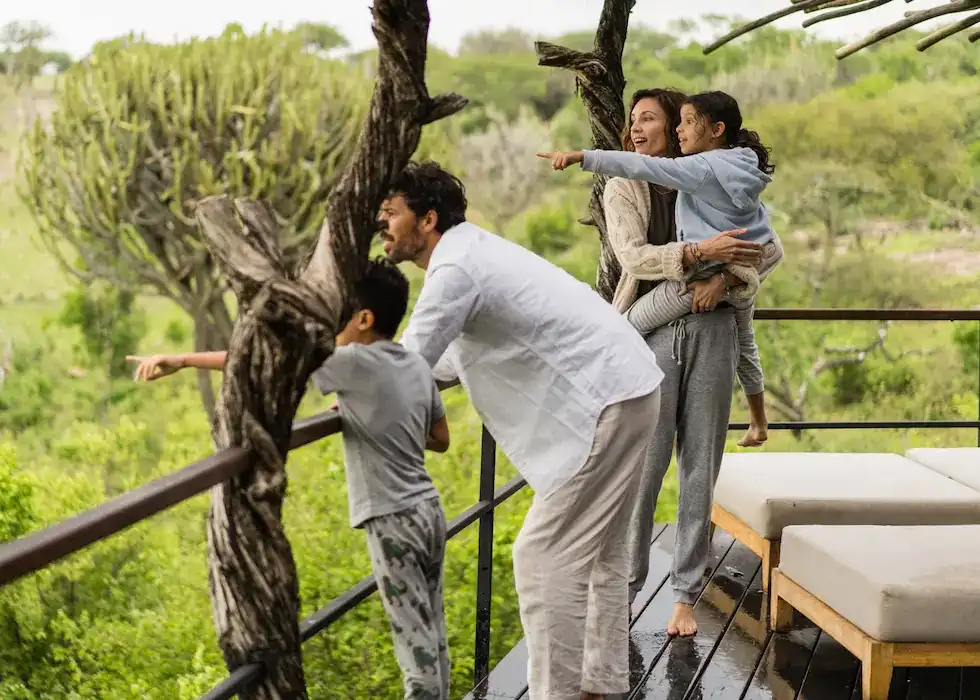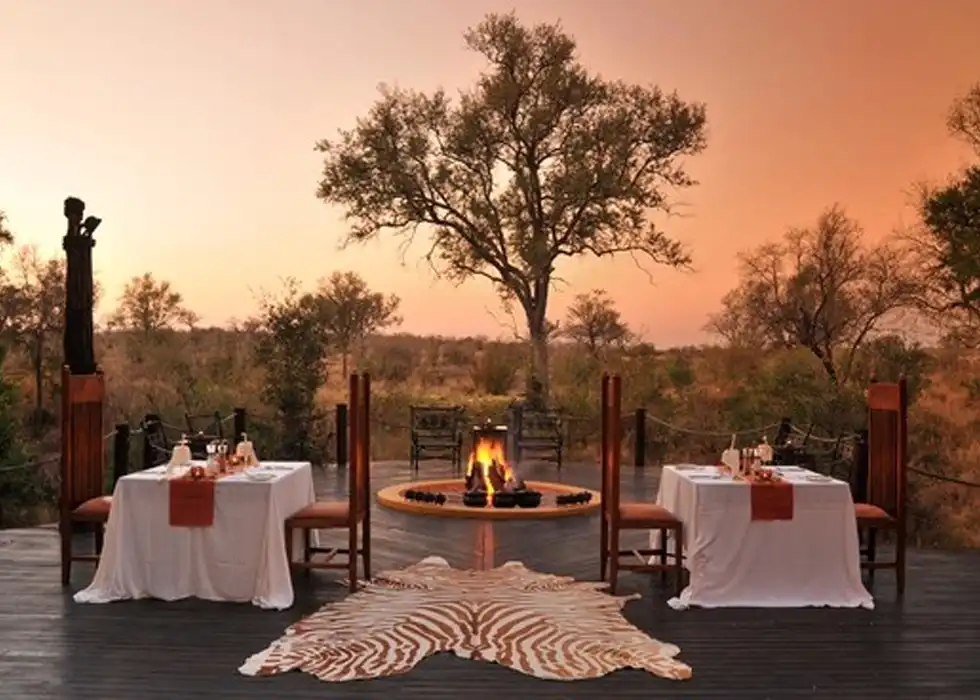Tipping In Tanzania Safari
Tanzania Safari Guide FAQ’s
Certainly! Here are some frequently asked questions (FAQs) about Tanzania safaris:
When is the best time to go on a Tanzania safari?
The best time for a Tanzania safari depends on your interests. The dry season (June to October) is ideal for wildlife viewing as animals gather around water sources. The wet season (November to May) offers lush landscapes and fewer crowds, but some areas may be inaccessible due to heavy rains.
What wildlife can I expect to see in Tanzania?
Tanzania is home to a diverse array of wildlife, including the Big Five (lion, elephant, buffalo, leopard, and rhinoceros), as well as giraffes, zebras, wildebeests, cheetahs, hippos, crocodiles, and a variety of bird species.
What are the main national parks and reserves in Tanzania?
Some of Tanzania's most famous national parks and reserves include the Serengeti National Park, the Ngorongoro Conservation Area, Tarangire National Park, Lake Manyara National Park, and Selous Game Reserve.
Do I need a visa to visit Tanzania?
Most visitors to Tanzania require a visa, which can be obtained upon arrival at the airport or online before traveling. Requirements may vary depending on your nationality, so it's essential to check with the Tanzanian embassy or consulate in your country.
What type of accommodations are available on a Tanzania safari?
Accommodation options in Tanzania range from luxury lodges and tented camps to budget-friendly campsites. Each offers a unique experience, with amenities varying from basic to luxurious.
Is it safe to go on a Tanzania safari?
Tanzania is generally a safe destination for travelers, including those on safari. However, it's essential to take precautions such as following the advice of your guide, staying informed about local conditions, and keeping your belongings secure.
What should I pack for a Tanzania safari?
Essential items to pack for a Tanzania safari include lightweight, breathable clothing, sturdy walking shoes, a hat, sunglasses, sunscreen, insect repellent, a camera with extra batteries and memory cards, and any necessary medications.
What kind of vehicles are used for safari game drives?
Most safari companies in Tanzania use rugged, four-wheel-drive vehicles, such as Land Rovers or Land Cruisers, equipped with pop-up roofs for optimal wildlife viewing. These vehicles are spacious, comfortable, and designed to navigate the varied terrain of the national parks and reserves.
Are there any cultural experiences available on a Tanzania safari?
How can I book a Tanzania safari?
You can book a Tanzania safari either directly through Contact Form or by contacting us via email or phone.
Speak To an Expert
Get advice and suggestions to make this your perfect trip.
Call: +255 753 142 682
Let's Chat on WhatsApp
DESIGN A TOUR
DISCOVER EXCLUSIVE TANZANIA SAFARIS
Tanzania Safari
Journey through the heart of Tanzania's wild landscapes with our expertly guided safaris
Kilimanjaro Climbing
Standing at 5,895 meters, the summit of Kilimanjaro is the highest point in Africa
Design your own trip
Let's Customize a Tour Based on Your Budget and Your Style


